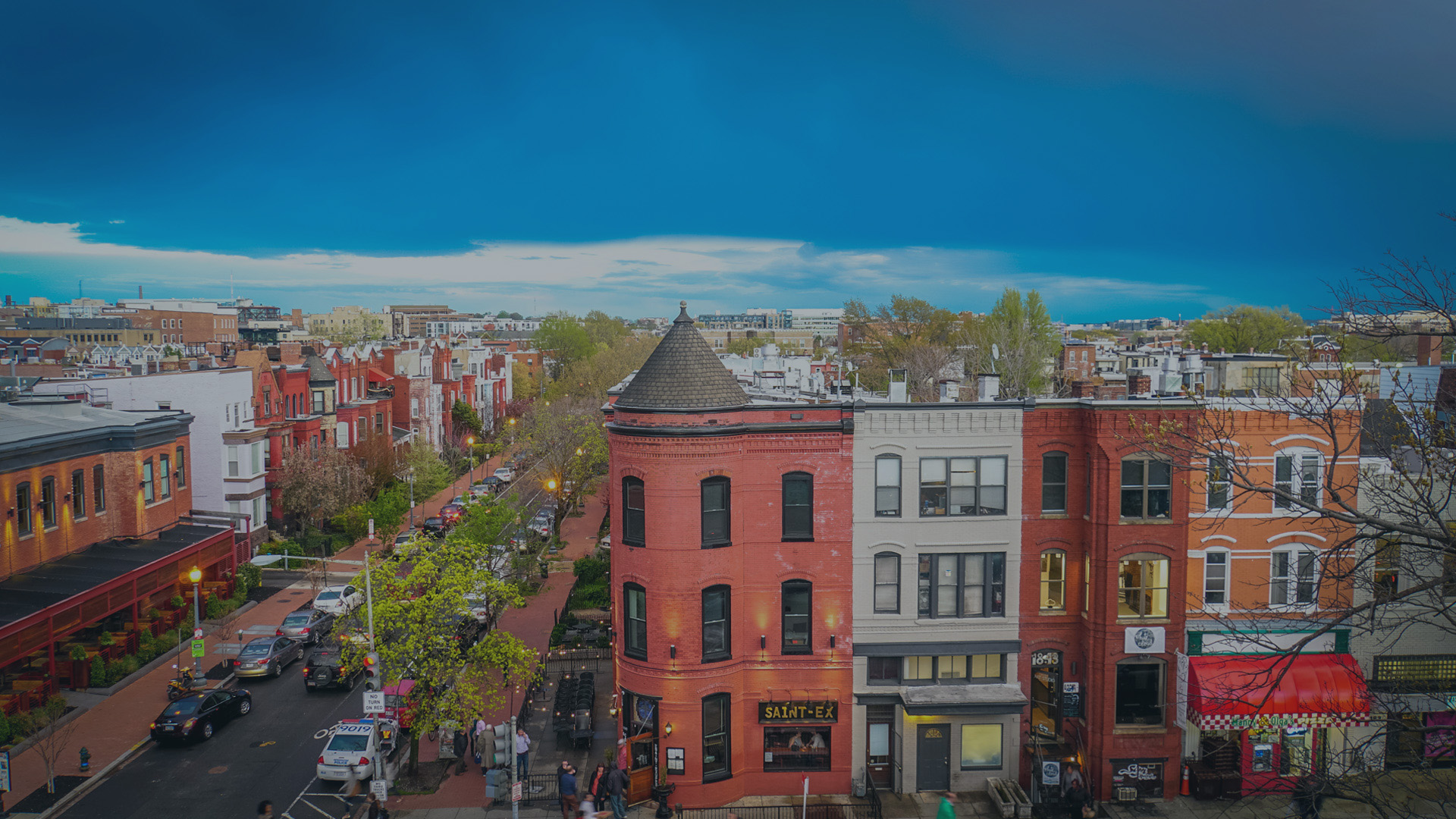On June 22, 2020, the D.C. Policy Center’s article, D.C.’s heat islands, was cited by Casey Trees:
In 2017 the D.C. Policy Center published a report that added more detail to how heat affects Washington residents. It overlaid temperature with social, economic and health-related factors, as well as vegetation variability, to yield what is called a heat vulnerability index. The report found people who live in poorer, historically African American communities in Northeast and Southeast Washington, where many residents rent and have less ability to landscape or plant trees, are more at risk of heat-related illnesses than the people in more well-off communities.
Read more: Let’s Talk About Urban Heat Island Effect | Casey Trees
